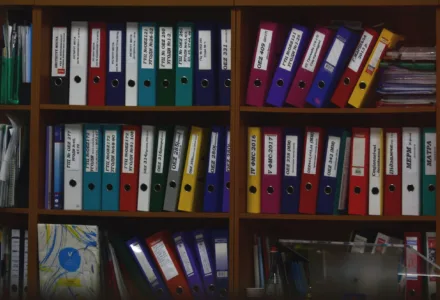The May 2021 event in the LORIC Autism Ideas Cafe calendar saw a number of members of the Bishop Grosseteste community plus researchers from around the UK and further afield meet to discuss a range of autism related topics.
Participatory autism research –
Following on from the previous Autism Ideas Café/ Participatory Autism Research Symposium hosted in conjunction with the Participatory Autism Collective (PARC) discussions highlighted a need for participatory research and the challenges of using a medical model in research.
For more information on PARC, please visit their website: https://participatoryautismresearch.wordpress.com/
Recordings of the Participatory Autism Research Symposium can be viewed online at: https://participatoryautismresearch.wordpress.com/2021/04/09/autism-ideas-cafe-and-participatory-autism-research-symposium/
A new Facebook group has been set up called Participatory Research and Autism and participatory autism researchers are welcome to join. The idea is to create a safe space to ask related questions and share resources. The link is: https://www.facebook.com/groups/1332884460430964
Reading suggested by participants included:
Kupferstein, Henny. (2018). Evidence of increased PTSD symptoms in autistics exposed to applied behavior analysis. Advances in Autism. 4. 00-00. 10.1108/AIA-08-2017-0016.
Pearson, Amy & Rose, Kieran. (2020). A Conceptual Analysis of Autistic Masking: Understanding the Narrative of Stigma and the Illusion of Choice. 10.31219/osf.io/6rwa5.

Thoughts and emotions post “diagnosis” -
Whilst the term “diagnosis” itself has its issues, the journeys that individuals and their parents go on post “diagnosis” can be very varied, with some finding it a positive experience, and other not. The importance of post diagnosis support was highlighted and an example of this for adults was identified as Assert Brighton & Hove (https://assertbh.org.uk/).
One attendee is conducting research with parents into the learning/education journey of themselves and their child following their child's "diagnosis" of Autism. For more details, please email loric@bishopg.ac.uk
Reading suggested by participants included:
Lai, Meng-Chuan & Baron-Cohen, Simon. (2015). Identifying the lost generation of adults with autism spectrum conditions. The lancet. Psychiatry. 2. 1013-1027. 10.1016/S2215-0366(15)00277-1.
Supporting digital learning for autistic students
Ways of supporting autistic learners were discussed with reference to information provided by the Home Office on the production of accessible technology and media content https://ukhomeoffice.github.io/accessibility-posters/.
The use of transcription and captioning was highlighted as a useful tool for learners who can have difficulty or feel overwhelmed taking in information verbally during talks and lectures. Functionality within Microsoft Teams (https://www.microsoft.com/en-gb/microsoft-teams/group-chat-software) and Otter (https://otter.ai/) was discussed.
The different ways in which learners experience and interpret different resources was highlighted, and consensus was that there is no one way in which all autistic learners can be supported.
Reading suggested by participants included:
Lawrence, C., *, C., Collyer, E., & Poulson, M. (2020). “Howling at the scrabble-board”: exploring classroom literature from an autistic viewpoint. English in Education, 1-13.
Please note: Bishop Grosseteste University take no responsibility for the links and content of resources listed above.

Related Posts

LORIC Wraps Up Successful SED Project

Innovate UK’s East Midlands Knowledge Exchange Forum hosted on BGU campus!

LORIC Wins Venue of the Year Award

Digitising the Archive of the 20th Century Philosopher John Macmurray

Social Economy of Greater Lincolnshire Survey

LORIC launches series of workshops to help develop new digital products
